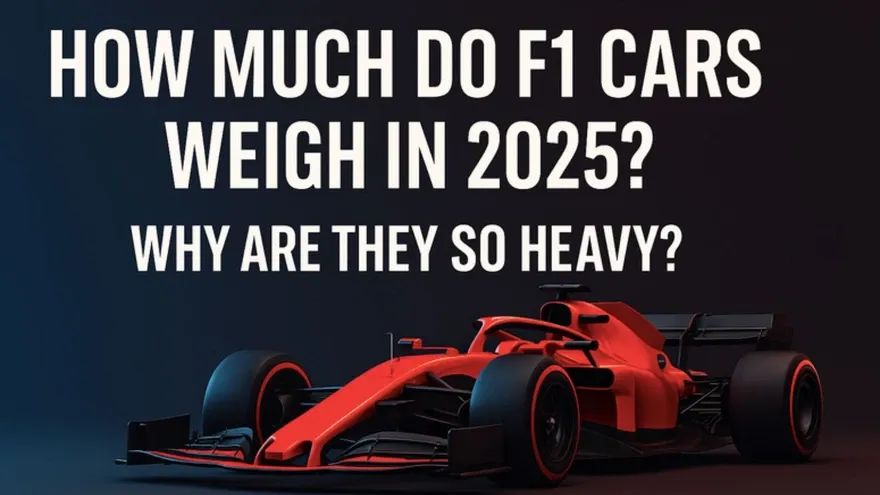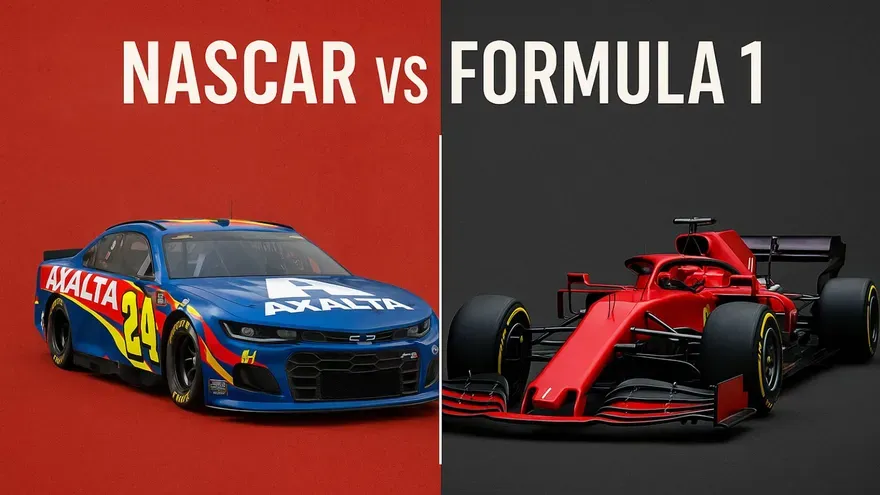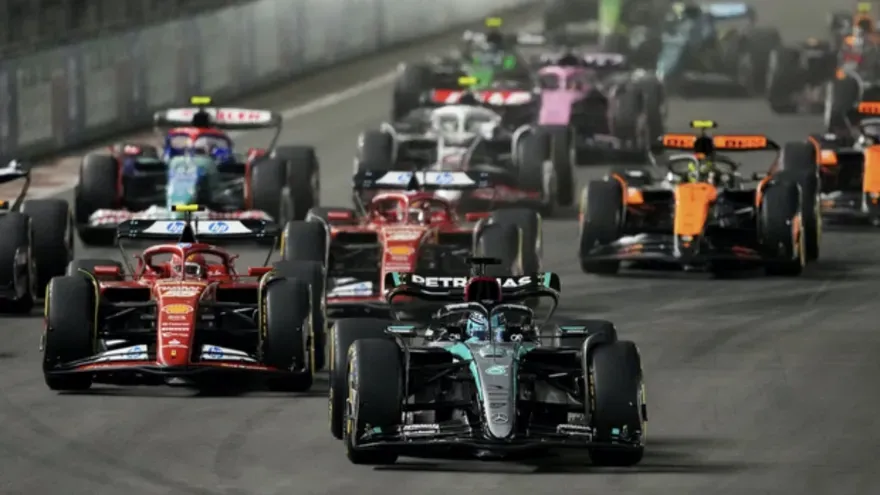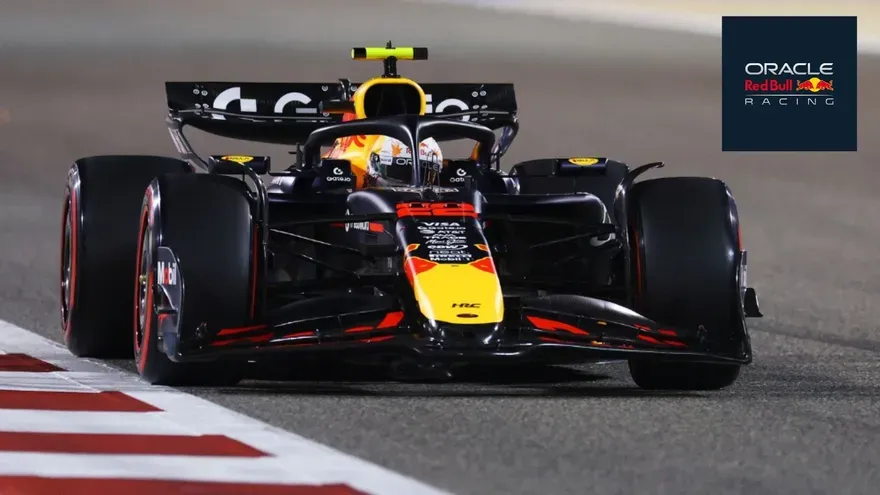Formula One, commonly referred to as F1, is the world's most prestigious and popular form of auto racing. F1 cars are high-performance machines that can reach speeds of over 200 miles per hour, and one of the most important components of an F1 car is its engine. In this article, we will discuss F1 engines, their manufacturers, and who provides engines to whom.
F1 Engines:
An F1 engine is a complex piece of machinery that is designed to deliver the maximum amount of power while being lightweight and compact. These engines are typically V6 engines with a displacement of 1.6 liters, and they use turbochargers to boost their power output. F1 engines are incredibly powerful, producing around 1000 horsepower and revving up to 20,000 RPM(Revolutions per minute).To put this in perspective, most road cars have a redline of around 6,000 RPM.
F1 engines are based on a V6 turbocharged engine layout, which features a single turbocharger to boost the air intake pressure and force more air into the engine, producing more power. The turbocharger uses exhaust gases to spin a turbine, which in turn powers a compressor that forces more air into the engine.
F1 engines are also known for their incredible efficiency. They can convert over 50% of the fuel's energy into power, while a typical road car engine converts only around 20% of the fuel's energy into power. This efficiency is achieved through advanced engineering and materials, as well as the use of turbocharging and hybrid technology.
One of the most unique features of F1 engines is their hybrid technology. F1 engines use a combination of a traditional internal combustion engine and an electric motor. The electric motor is powered by a battery pack that is charged by the kinetic energy produced during braking. This technology is called KERS (Kinetic Energy Recovery System) and is used to boost the car's performance during acceleration.
In addition to the V6 turbocharged engine layout, F1 engines also feature advanced hybrid systems that use electrical energy to boost the engine's power output. The hybrid system includes two electric motors, one that captures energy from the exhaust gases and another that captures energy from braking. This captured energy is stored in a battery and can be used to power the electric motor, providing an additional power boost to the engine.
Here’s a look at the cost to make a Formula 1 Car
F1 Engine Manufacturers:
There are currently four engine manufacturers in F1: Mercedes-Benz, Ferrari, Honda, and Renault. Each of these manufacturers has a long history in the sport and has produced some of the most successful engines in F1 history.
Mercedes-Benz:
Mercedes-Benz is currently the dominant engine manufacturer in F1, providing engines to Mercedes-AMG Petronas Formula One Team, Aston Martin Cognizant Formula One Team, and Williams Racing. Mercedes has won the F1 Constructors' Championship seven times in a row, from 2014 to 2020, and has also won the Drivers' Championship six times during this period.
Ferrari:
Ferrari is another iconic name in F1 and has been involved in the sport since its inception. Ferrari currently provides engines to Scuderia Ferrari Mission Winnow and Alfa Romeo Racing ORLEN. Ferrari has won the F1 Constructors' Championship 16 times and the Drivers' Championship 15 times.
Honda:
Honda has a long history in F1 and has produced engines for several teams over the years. Currently, Honda provides engines to Red Bull Racing and Scuderia AlphaTauri. Honda has won the F1 Constructors' Championship six times and the Drivers' Championship five times.
Renault:
Renault is another well-known name in F1 and has produced engines for several teams over the years. Currently, Renault provides engines to Alpine F1 Team and McLaren F1 Team. Renault has won the F1 Constructors' Championship twice and the Drivers' Championship twice.
Also Read | F1 car Aerodynamics Explained
Who Provides Engines to Whom:
The F1 engine manufacturers provide their engines to teams on a contractual basis. These contracts are typically for several years and include provisions for engine development and support. The teams then use these engines in their cars to compete in races.
Mercedes-Benz provides engines to Mercedes-AMG Petronas Formula One Team, Aston Martin Cognizant Formula One Team, and Williams Racing.
Ferrari provides engines to Scuderia Ferrari Mission Winnow and Alfa Romeo Racing ORLEN.
Honda provides engines to Red Bull Racing and Scuderia AlphaTauri.
Renault provides engines to Alpine F1 Team and McLaren F1 Team.
In conclusion, F1 engines are an essential part of an F1 car's performance, and they are designed to deliver the maximum amount of power while being lightweight and compact. The four engine manufacturers in F1, Mercedes-Benz, Ferrari, Honda, and Renault, are all iconic names in the sport and have produced some of the most successful engines in F1 history.














